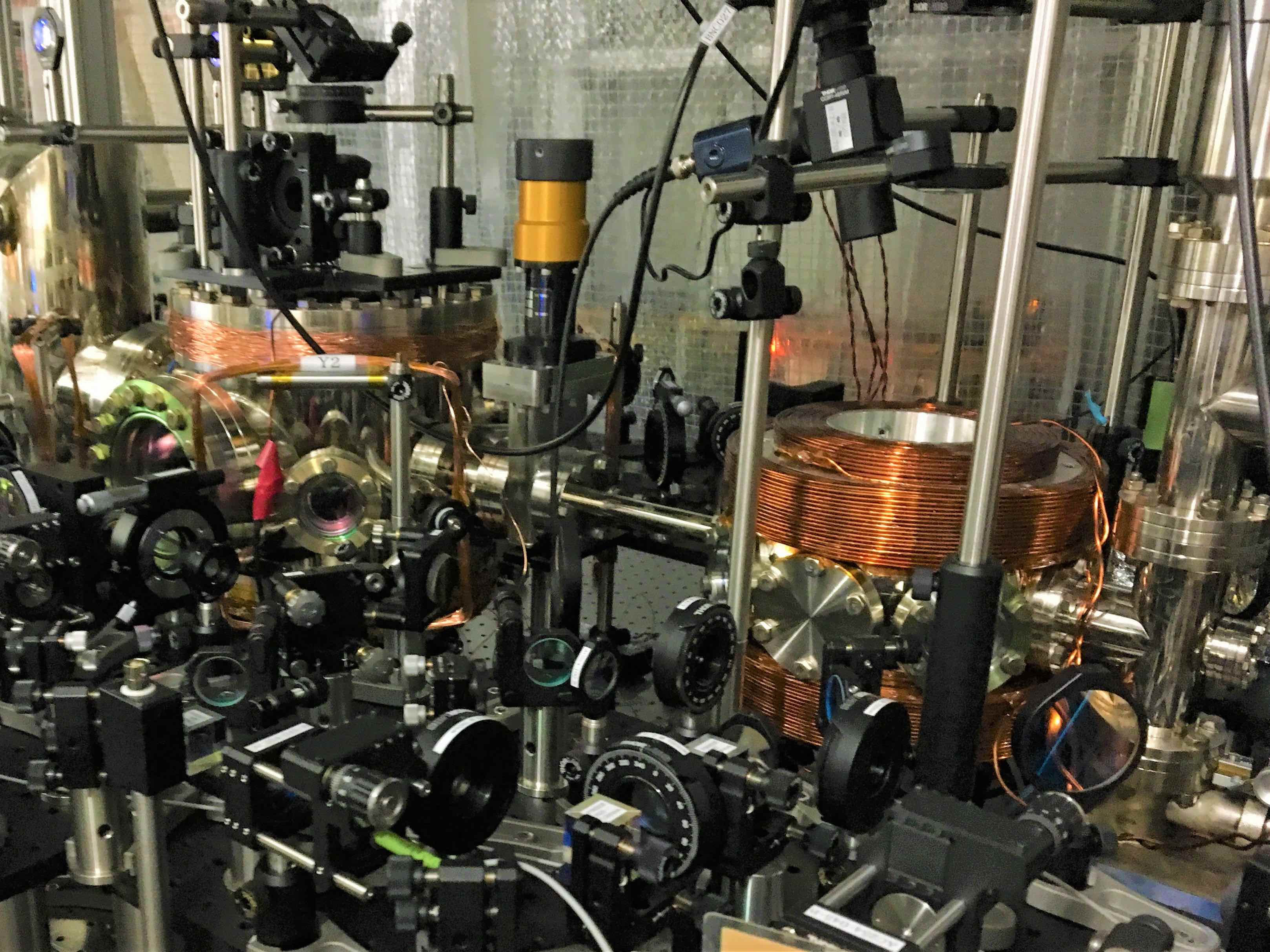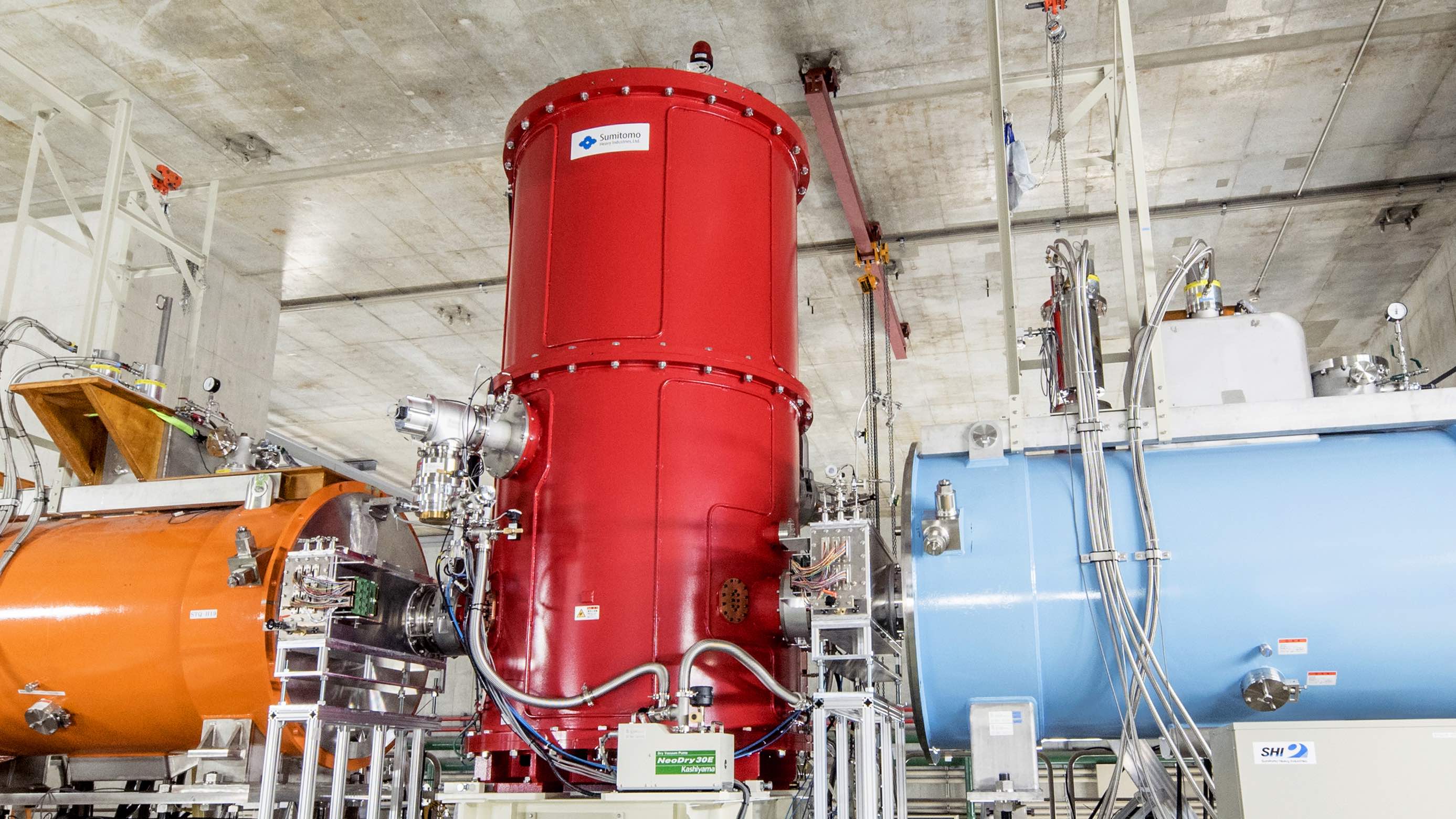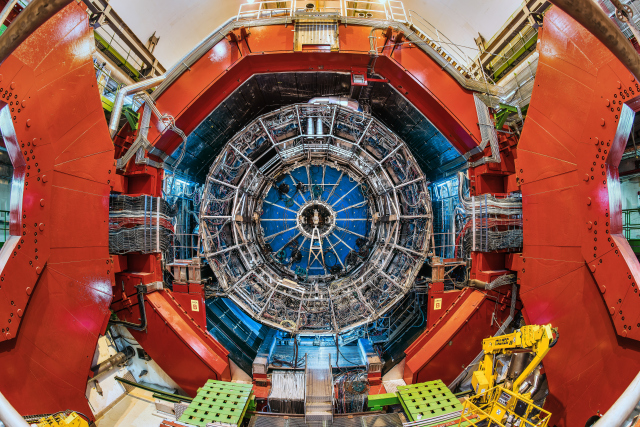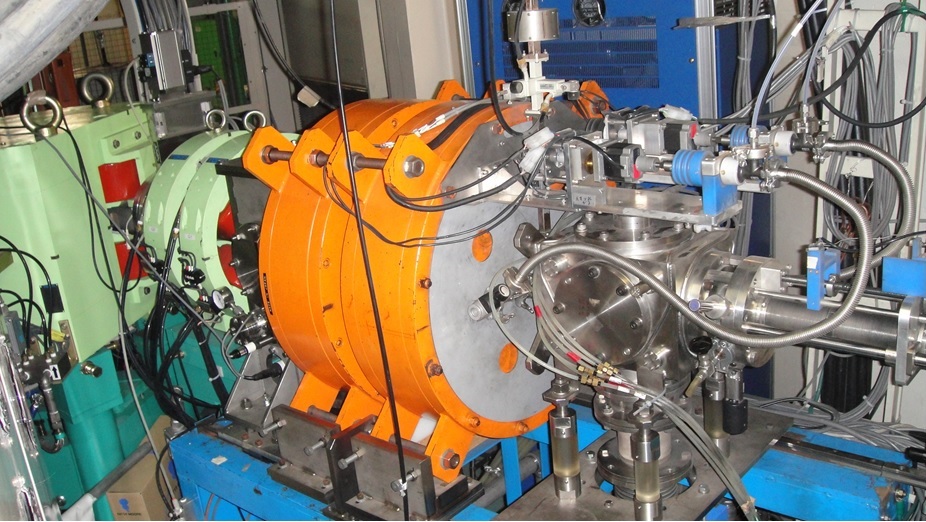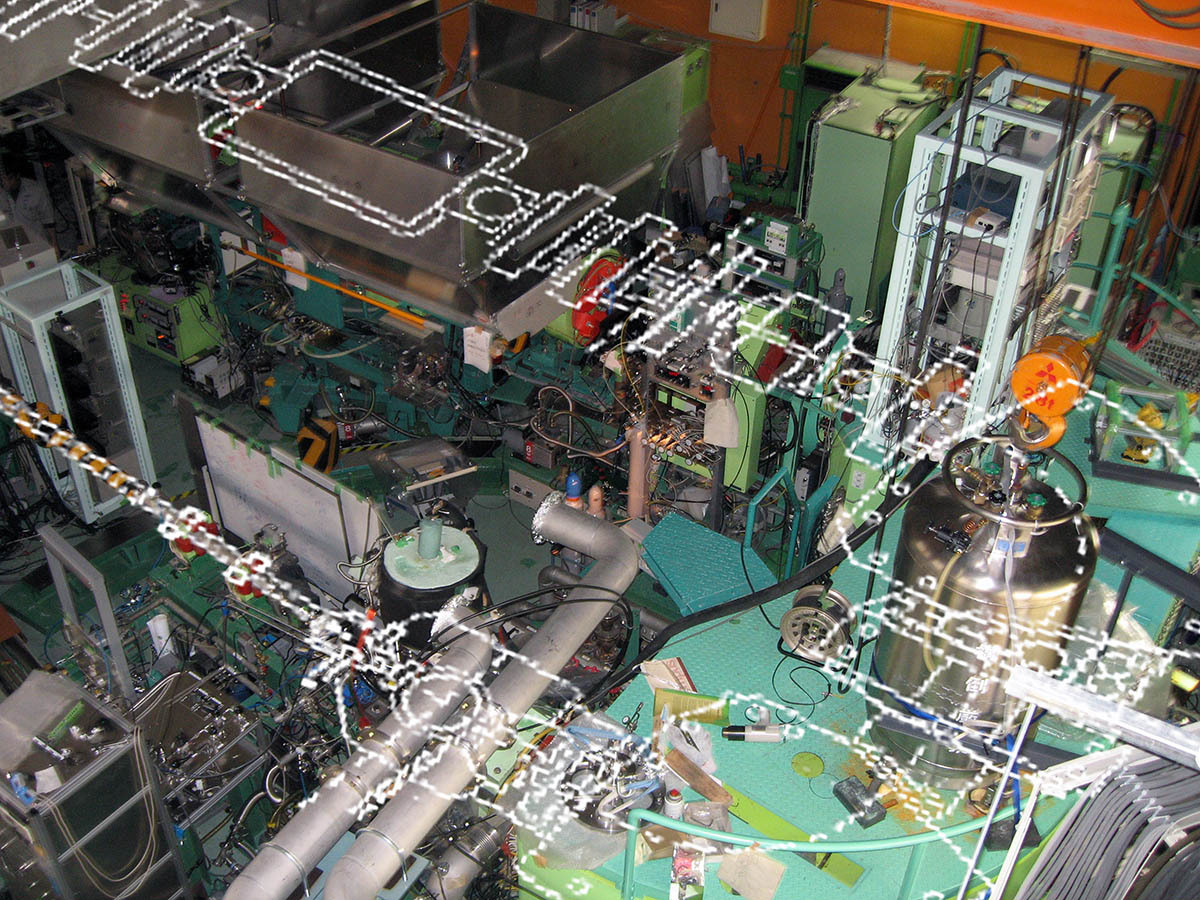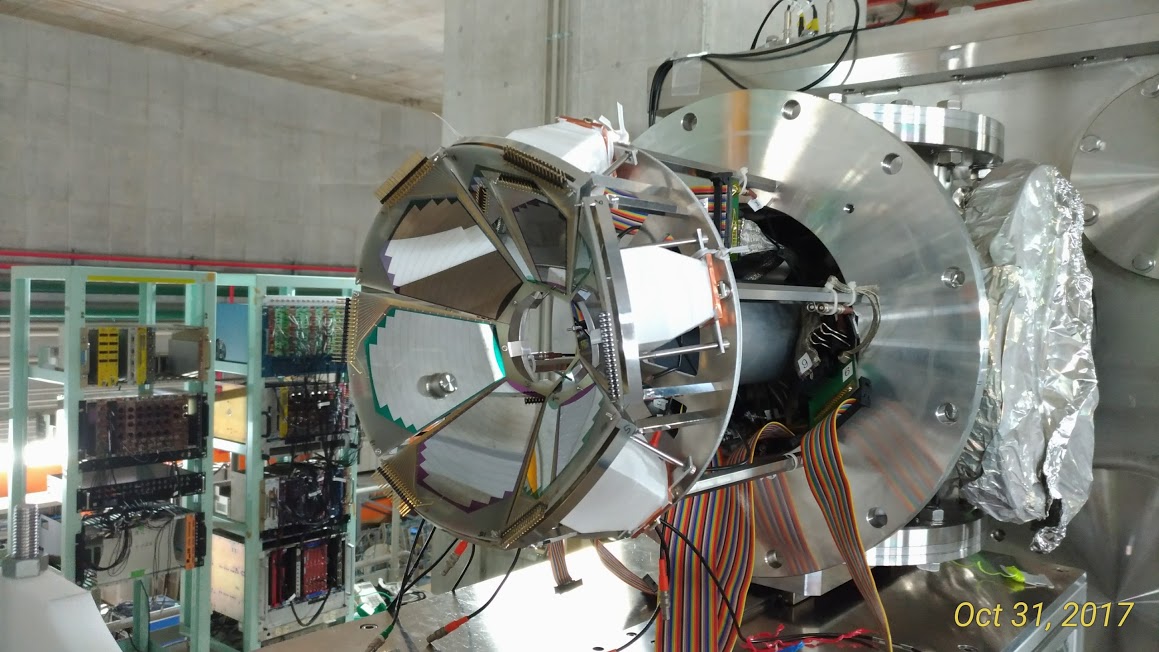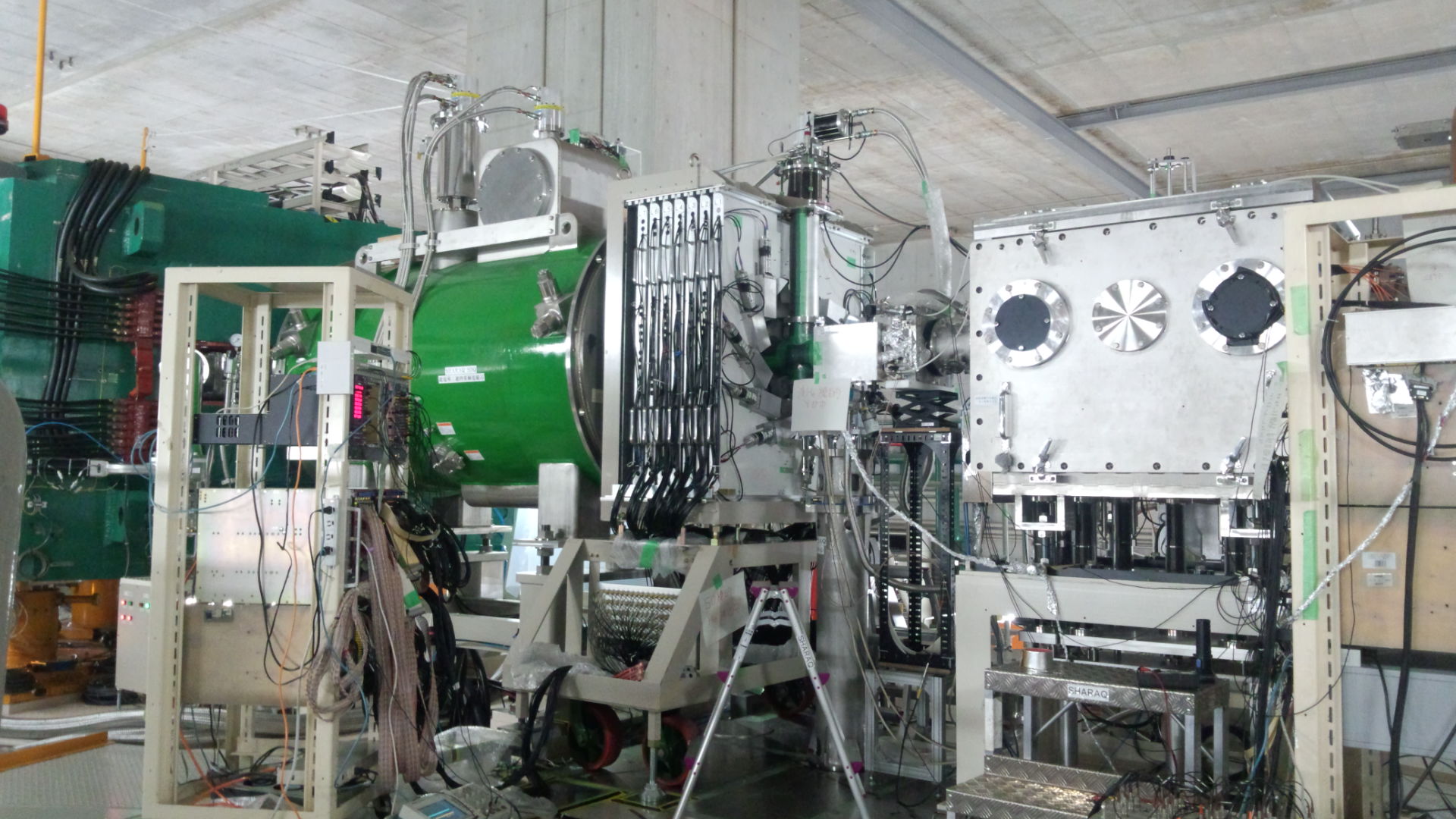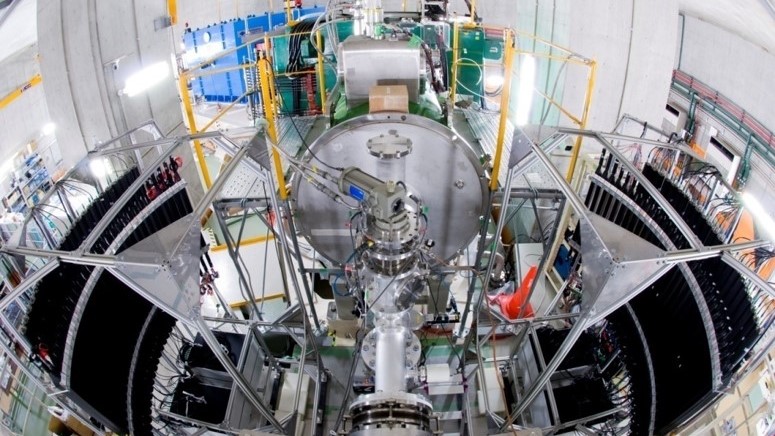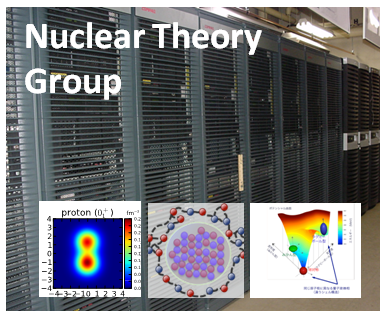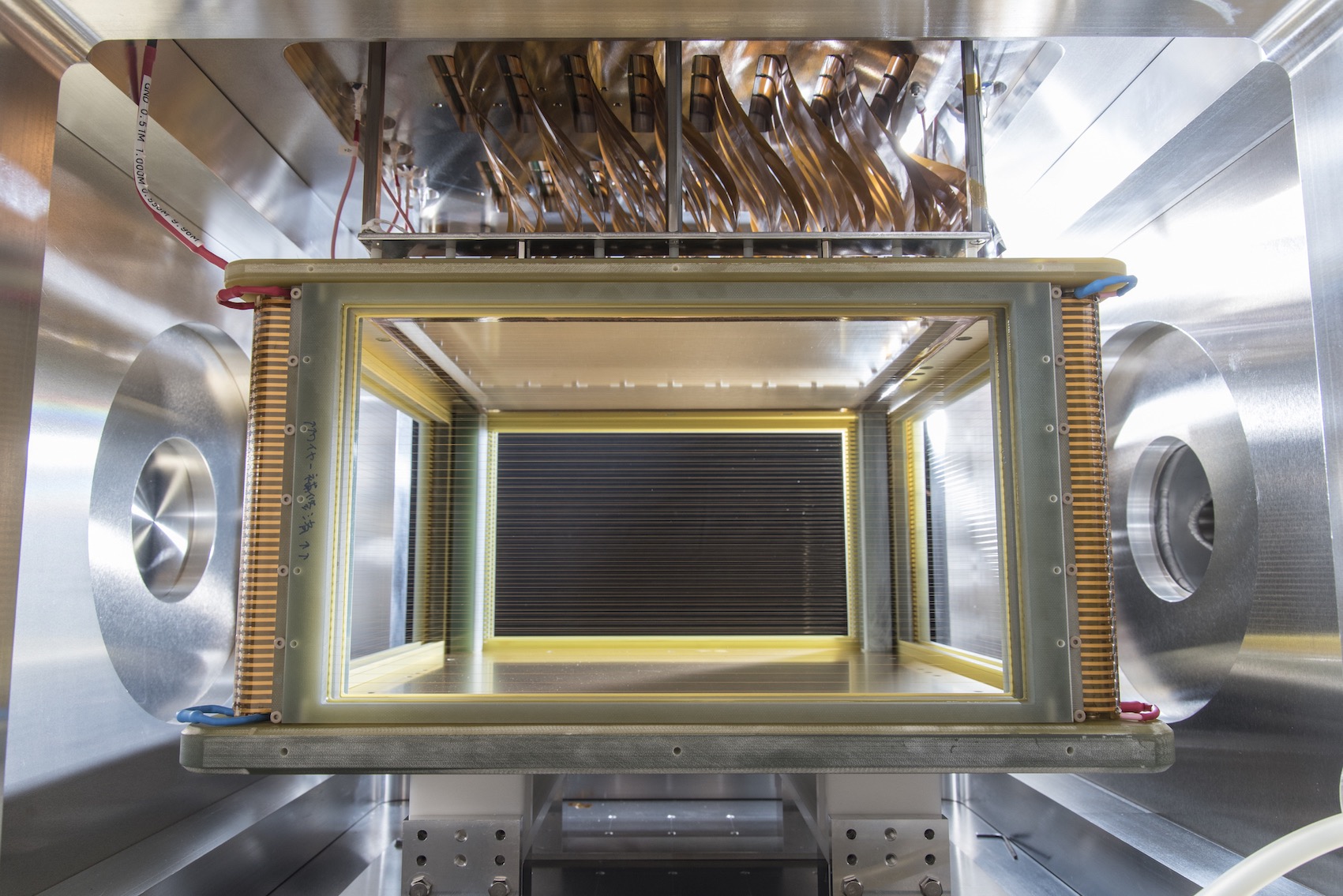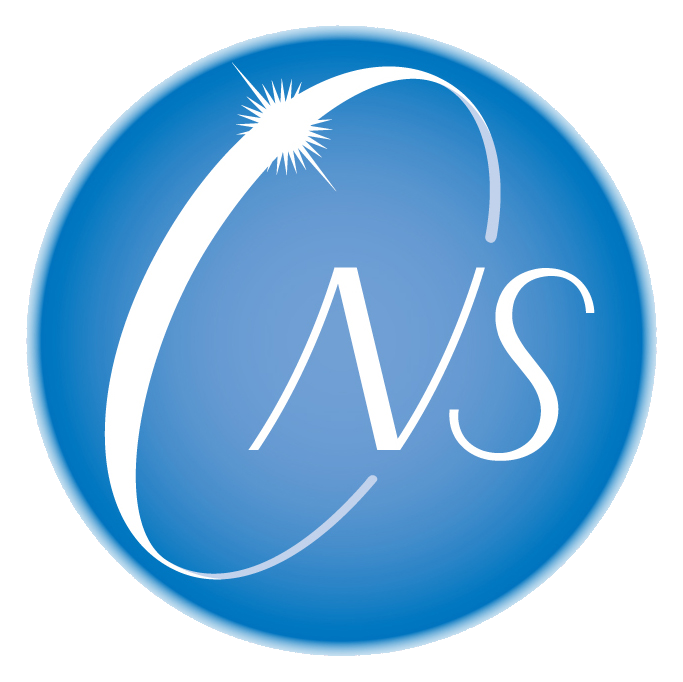2018
2018-04-21
- CNS holds an Open Campus in the same schedule as the RIKEN Open Campus. We have about 900 visitors at the CNS building. We hope to see you in the next year.
2018-Apr-11
Dr. Yusuke Tsunoda from the Center for Nuclear Study received FAIR GENCO Award 2018 for young scientists. Dr. Tsunoda had received the 11th Young Scientist Award of The Physical Society of Japan in 2017.
Dr. Yusuke Tsunoda receives FAIR GENCO Award for Young Scientists
(Excerpt from GSI web page)
This year, Dr. Yusuke Tsunoda from the Center for Nuclear Study at the University of Tokyo received the FAIR GENCO Award for young scientists. The award is sponsored by the FAIR-GSI Exotic Nuclei Community (GENCO) and endowed with 1,000 Euro. The bestowal by GENCO president Professor Dr. Christoph Scheidenberger and vice-president Professor Dr. Nasser Kalantar-Nayestanaki took place on Thursday, March 1, 2018 in a special colloquium in the framework of the yearly GENCO meeting at FAIR and GSI. Every year, the FAIR-GSI Exotic Nuclei Community (GENCO) presents its Young Scientist Award to a young researcher at the beginning of their scientific career. The international GENCO jury, composed of seven renowned nuclear scientists, elects the winner in a competitive procedure, where several candidates, working in theory or experiment, are evaluated.
Dr. Yusuke Tsunoda receives the Young Scientist Award for the invention of the so-called T-Plot method. This visualization method is the key for understanding and grasping the essence of complex many-body quantum systems like atomic nuclei. He developed this method to display mathematical solutions that can be assigned to different states and shapes of atomic nuclei. It helps to interpret and understand experimental results and is becoming a standard method in the study of the structure of exotic nuclei. The T-Plot method attracts great attention in the scientific community worldwide.
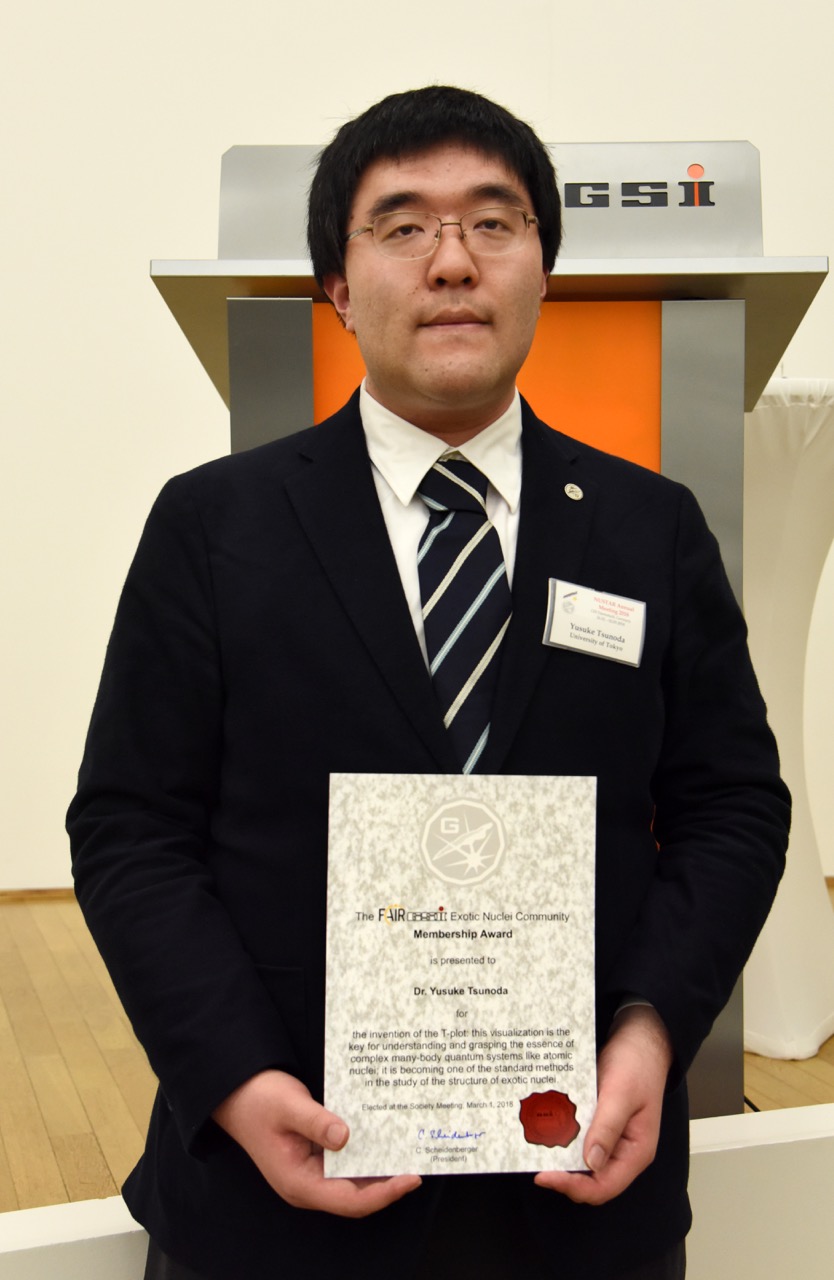 ](/img/post/2018/GENCO AWARD_531.jpeg)  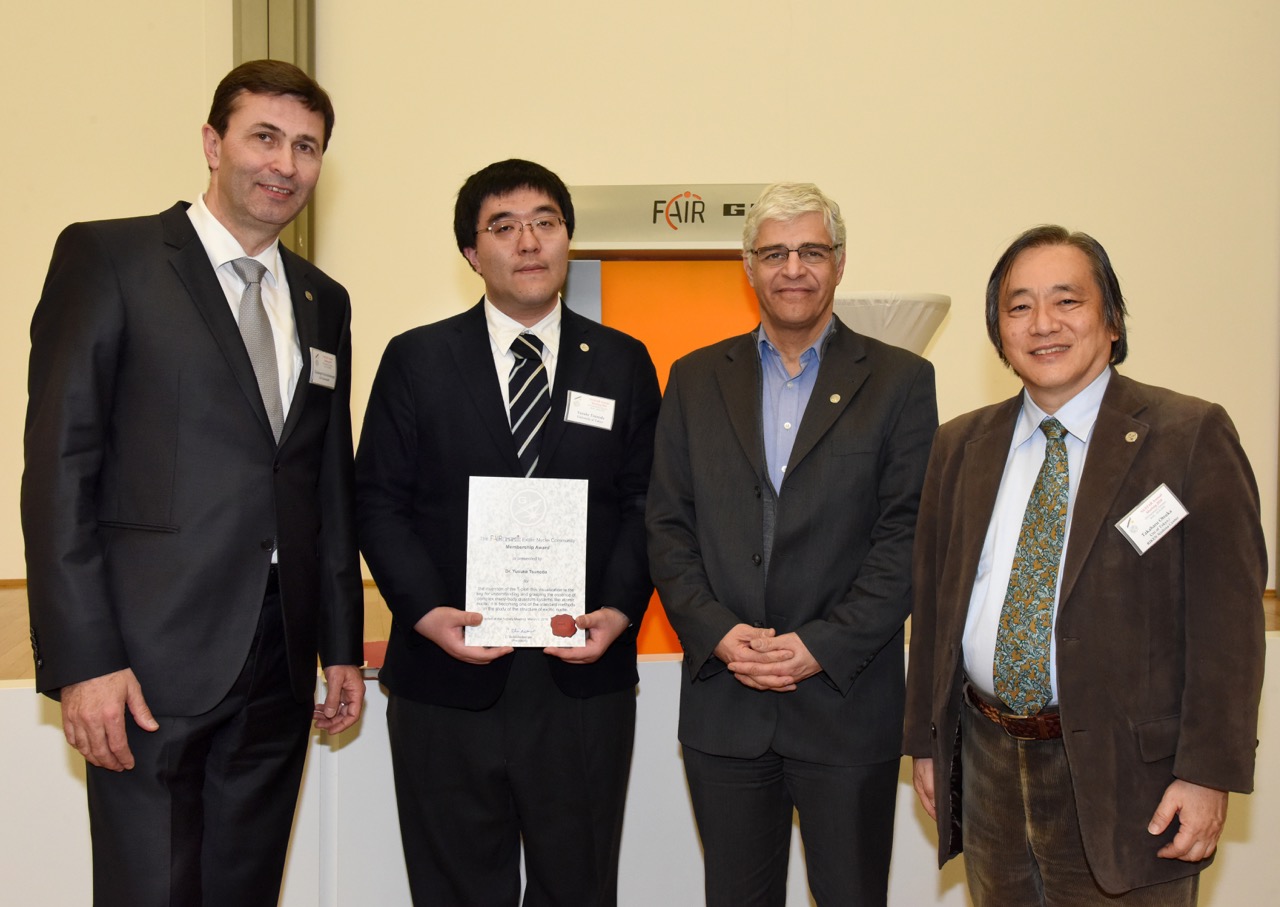 ](/img/post/2018/GENCO AWARD_526.jpeg)
](/img/post/2018/GENCO AWARD_526.jpeg)
Left:Dr. Yusuke Tsunoda, Right:Dr. Tsunoda with GENCO president Professor Dr. Christoph Scheidenberger and vice-president Professor Dr. Nasser Kalantar-Nayestanaki. The extreme right is emeritus Prof. Takaharu Otsuka, the previous Director of CNS.
for further reading: T-Plot and Monte Carlo Shell Model
The T-plot method is a powerful method for grasping the essence of complex multi-body quantum systems like atomic nuclei. When Dr. Tsunoda was a graduate student at the University of Tokyo’s Graduate School of Science, he proposed the T-plot method and succeeded in assigning the results of nuclear structure calculation by Monte Carlo shell model to different states and shapes of atomic nuclei.
Examples of T-plots and Monte Carlo Shell model can be found in the following links (Japanese).
- 月刊JICFuS 原子核の変形を計算で探る
- ウェブリリース:原子核が球から楕円体に変形する-スーパーコンピュータ「京」で理論的に明らかに
2018-04-05
- A paper on theoretical study on nuclear matrix element of double beta decay is published in Physical Review Letters.
2018-03-23
Dr. Naofumi Tsunoda received the awards for young scientists and gave an award lecture at 73rd JPS Meeting.
2018-03-20
- Seminar by Prof. Matsuo (Niigata) at Nishina Hall from 13:30: “Di-neutron correlation, pairing collectivity and pair transfer in neutron-rich systems”. (CNS + RIBF NP Seminar #249)
2018-03-09
- Dr. Yusuke Tsunoda received the FAIR GENCO Award for young scientists. for for the invention of the so-called T-Plot method used for describing the essence of complex many-body quantum systems like nuclei.
2018-03-05
2018-02-28
A paper on study of Oxgen isotopes at SHARAQ was published in Progress of Theoretical and Experimental Physics (PTEP).
2018-02-07
- Seminar by Prof. Kajino (NAO) at Nishina Hall from 15:30: “Impact of Neutron Star Mergers vs. Supernovae on Explosive Nucleosynthesis and Neutrino Physics”.
2018-01-16
Opening of Postdoctoral Researchers at Center for Nuclear Study, University of Tokyo
CNS has several devices in RIBF in RIKEN Nishina Center and pursues the experimental nuclear physics such as nuclear astrophysics and nuclear structure/reaction studies with radioactive isotope beams. We also have branches of fundamental physics with radioactive heavy elements, high-energy nuclear physics, nuclear theory and development of ion sources.
JOB TITLE: postdoctoral researcher, a few positions available
FIELD: Experimental and theoretical nuclear physics.
The successful candidates will work on experimental nuclear physics with radioactive isotopes mainly by using the devices of CNS (CRIB, SHARAQ, Ge array (GRAPE), OEDO, Active Target, etc…), on fundamental physics with radioactive heavy elements, on high energy nuclear collisions at ALICE at LHC, or on nuclear structure theory.
ELIGIBILITY: They must hold a recent Ph.D degree in experimental/theoretical nuclear physics, or a related field by April 1, 2018.
EMPLOYMENT:
One-year fixed-term employment contract, renewable, based on the evaluation, up to March 31, 2021. The start of the employment is April 1, 2018 (negotiable).
Health and unemployment insurance plans are available.
SALARY: ~ 300,000 yen/month (gross).
Additionally commuting expense will be covered.
APPLICATION MATERIALS:
(1) CV
(2) List of Publication/Talks/etc.
(3) Research summary and future plan at CNS
(4) Names and contact details of reference
The above materials have to be uploaded to the file server with the PDF file.
We will inform you on the URL of the file server and also the password.
Please contact to sakemi_at_cnc.s.u-tokyo.ac.jp with e-mail , when you want to submit
your application form.
DEADLINE OF APPLICATION: January 16th (Tue.) 2018
After initial screening, interviews will be arranged in the end of January. Interviews will take place at Wako and consist of a presentation of the research achievements and plans followed by an interview. For applicants from abroad, the interview will be conducted via Skype or TV conference system.
